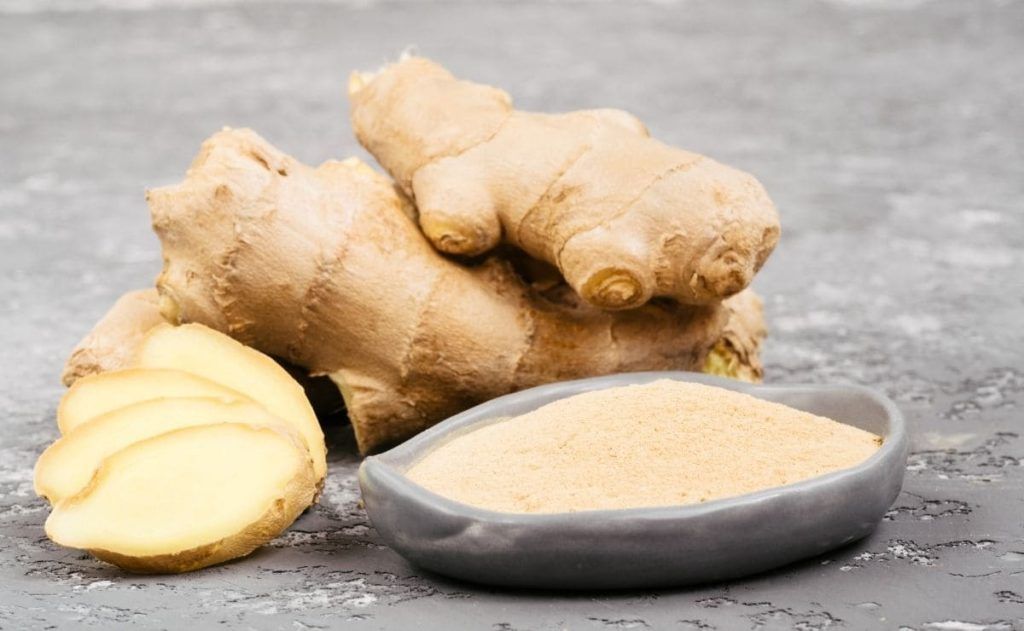Ginger is known at first for the different effects it has on the health of the organism, in fact it is listed as a «superfood», because thanks to its properties it has been used since ancient times to treat many common health problems, such as colic, headaches or colds.
However, ginger is no exception in terms of contraindications or possible side effects, since as with any other food, there are precautions that we must take before consuming it, as they could have adverse effects on our organism.
What should we take into account?
In spite of its benefits, we should consider the following seven factors:
1. Do not take with anticoagulants.
Many people must resort to pharmacological treatments with anticoagulants in order to prevent the formation of blood thrombi, but it turns out that ginger has an effect similar to that of this type of medicine, which would increase the chances of hemorrhage.
2. It can increase blood pressure
One of the effects that ginger can produce is the blockage of calcium channels, this would result in an increase in blood pressure, since the entry of calcium into the bloodstream causes the blood to increase its speed and pressure rises, which is why it is contraindicated in hypertensive people.
3. Risks in pregnancy
On the one hand, there are those who claim that ginger can alter hormone levels, which can cause contractions to be generated prematurely.
While on the other hand, we must add that the anticoagulant effect can also cause bleeding that can be dangerous for the development of the fetus and for the mother, for this reason it is necessary to consult in advance with the obstetrician in charge of controlling the development of pregnancy.
4. It can affect some diabetics
Although ginger has no impact on glucose levels, it may interfere with the intake of some diabetes medications, such as insulin, so it is necessary to inform the treating physician the intention of ingesting ginger, so that he can make the appropriate changes in the dosage of drugs.
5. Risks of suffering from heart problems
It is true that it has been shown that ginger can help unblock blood vessels, however, be careful with the doses, as excessive consumption of ginger can have adverse effects on the heart.
For this reason, it is recommended not to ingest it for a period longer than 4 days, always having at least one week of rest.
6. Contraindicated in hemophiliac patients
Hemophilia is a disease that causes people to bleed for a significant period of time, as the blood does not clot properly and ginger being a stimulant of blood circulation makes it a food not recommended.
7. It is not recommended for people with weight deficit
Ginger is also known for its ability to contribute to the slimming process, therefore it is completely contraindicated in people who have a deficit in their body weight.
